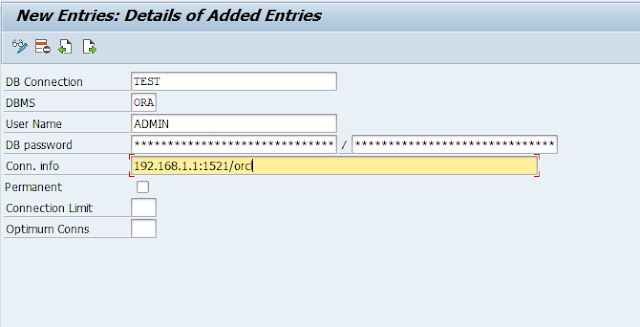ORACLE - Scheduled task (Oracle scheduler)
Oracle, PL/SQL
1. Create a program
Procedure name: READ_FILES_PROC
begin dbms_scheduler.create_program( program_name => 'READ_FILES_PROG' ,program_type => 'STORED_PROCEDURE' ,program_action => 'READ_FILES_PROC' ,number_of_arguments => 0 ,enabled => true ,comments => 'Read files from directory' ); end;
2. Create a schedule
Additional parameters info:
BEGIN DBMS_SCHEDULER.CREATE_SCHEDULE ( schedule_name => 'READ_FILES_SCH', start_date => TO_TIMESTAMP('2014-06-28 06:15:00','YYYY-MM-DD HH24:Mi:SS'), end_date => TO_DATE('9999-12-31','YYYY-MM-DD'), repeat_interval => 'FREQ=MINUTELY; INTERVAL=15', comments => 'Every 15 minutes'); END;
3. Create a job
begin dbms_scheduler.create_job( job_name => 'READ_FILES_JOB' , program_name =>'READ_FILES_PROG' , schedule_name =>'READ_FILES_SCH' , enabled => TRUE , comments => 'Read files every 15 minutes'); end;
4. Enable log
begin DBMS_SCHEDULER.SET_ATTRIBUTE('READ_FILES_JOB','logging_level',DBMS_SCHEDULER.LOGGING_FULL); end;
5. Restart job and read log
Disable job
begin DBMS_SCHEDULER.DISABLE('READ_FILES_JOB',TRUE); end;
Enable job
begin DBMS_SCHEDULER.ENABLE('READ_FILES_JOB'); end;
Display log
select * from dba_scheduler_jobs where owner like 'SCHEMA NAME';








